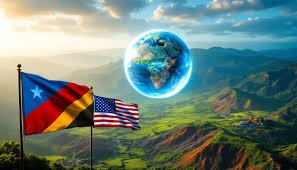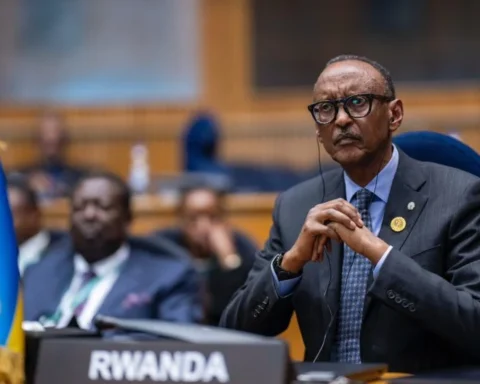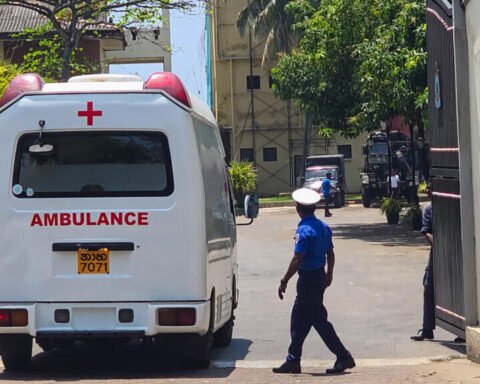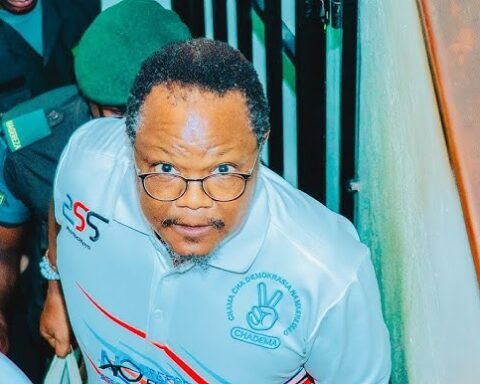The Democratic Republic of the Congo (DRC) is preparing to finalize a high-stakes agreement with the United States that could unlock major American investments in its vast critical mineral reserves while also supporting ongoing efforts to bring peace to its conflict-ridden eastern provinces.
The deal, expected by the end of June, would give American companies access to key resources including tantalum, tin, tungsten, cobalt, and lithium — minerals vital to electric vehicle production and renewable energy technologies. The agreement is being championed as both a strategic economic move and a diplomatic lever to stabilize eastern Congo.
Officials in Kinshasa have confirmed that the U.S. has also pledged support to help resolve the insurgency by the M23 rebel group, which has displaced hundreds of thousands of civilians since its resurgence in 2021. The rebel militia, operating largely in North Kivu Province, is widely believed by regional observers and UN experts to receive backing from Rwanda — a claim Rwanda’s government strongly denies.
A key component of the proposed deal would allow Congolese minerals to be legally exported to Rwanda for processing, a controversial shift considering years of accusations that Rwanda has profited from the illegal trade of Congo’s resources. The legal framework under U.S. facilitation could help reduce conflict mineral trafficking, improve traceability in mineral supply chains, and promote regional cooperation.
Also Read; Trump Shows Misleading Image in Ramaphosa Meeting
“This agreement is about more than trade. It’s about restoring peace, enforcing sovereignty, and strengthening transparency,” said a Congolese official close to the negotiations, who asked not to be named due to the sensitivity of the talks.
The U.S. Special Envoy to the Great Lakes Region has been actively mediating the discussions. One of the key figures in the negotiations is Massad Boulos, known for his deep ties in both Washington and across African capitals. His role has been to ensure that economic cooperation is directly tied to progress on the security front.
The potential for a U.S.-Congo minerals partnership comes at a time when Kinshasa is reassessing its long-term dependence on Chinese investment, particularly from deals signed under former President Joseph Kabila. Current President Félix Tshisekedi is seeking to diversify the country’s partners, improve contract transparency, and ensure that resource wealth leads to local development.
Eastern Congo’s instability has long been fueled by competition over these resources. Cities like Goma and Bukavu have suffered repeated waves of violence, with rebel militias seizing key mining zones and using mineral revenues to fund operations. Humanitarian organizations such as Doctors Without Borders have raised alarms over the toll on civilians, as displacement camps swell and access to food, shelter, and medical care remains limited.
Diplomats close to the peace effort say the mineral deal could be a “game-changer” — offering both sides real incentives to cooperate. The U.S. is also reportedly pushing for border demarcation and improved military coordination between Congo and Rwanda as part of a broader regional stabilization plan.
However, analysts caution that much depends on political will. “It’s promising, but fragile,” said a senior analyst from Crisis Group. “If the economic gains don’t reach the people — and if security conditions don’t improve — this could end up being another missed opportunity.”







